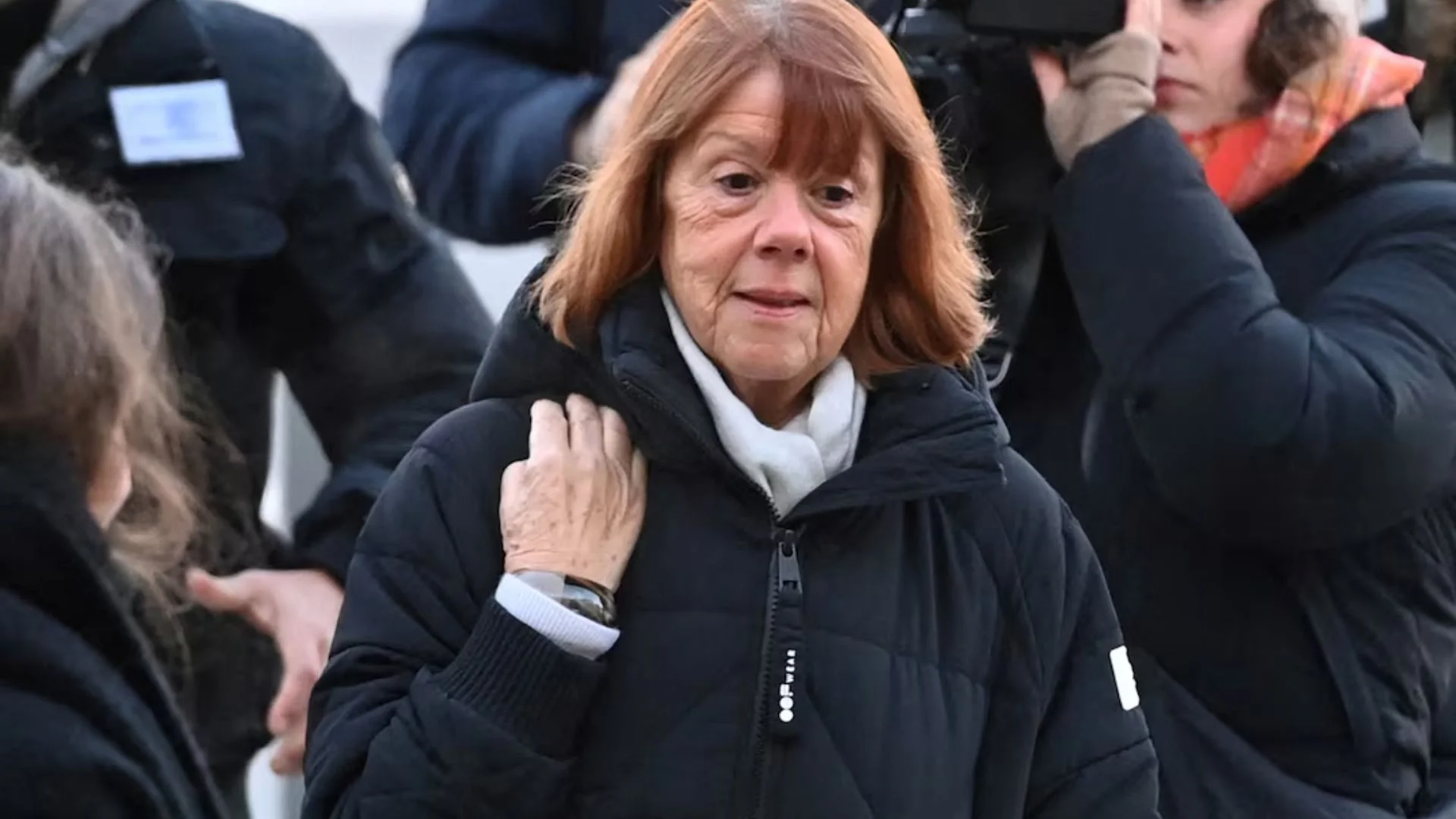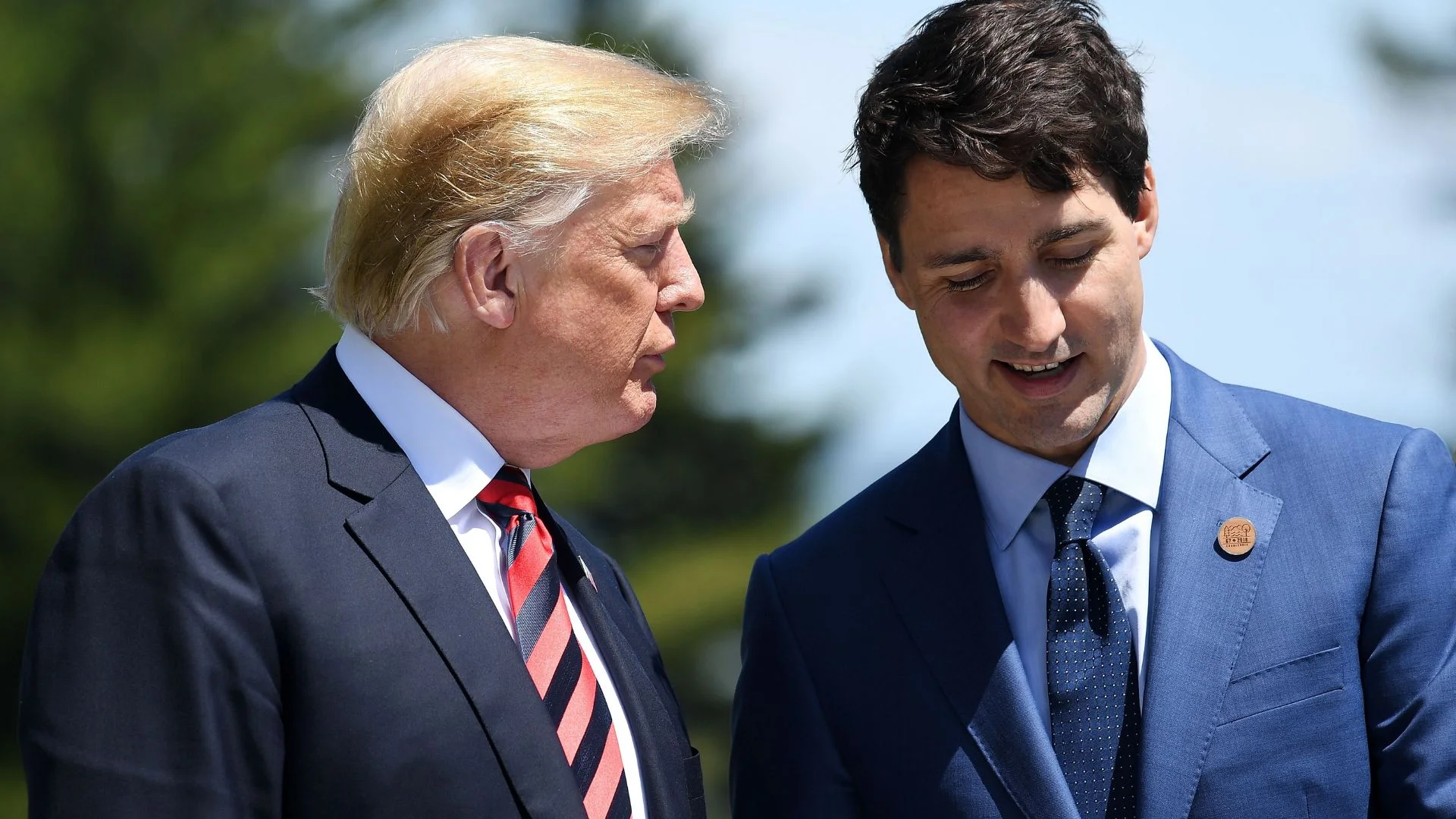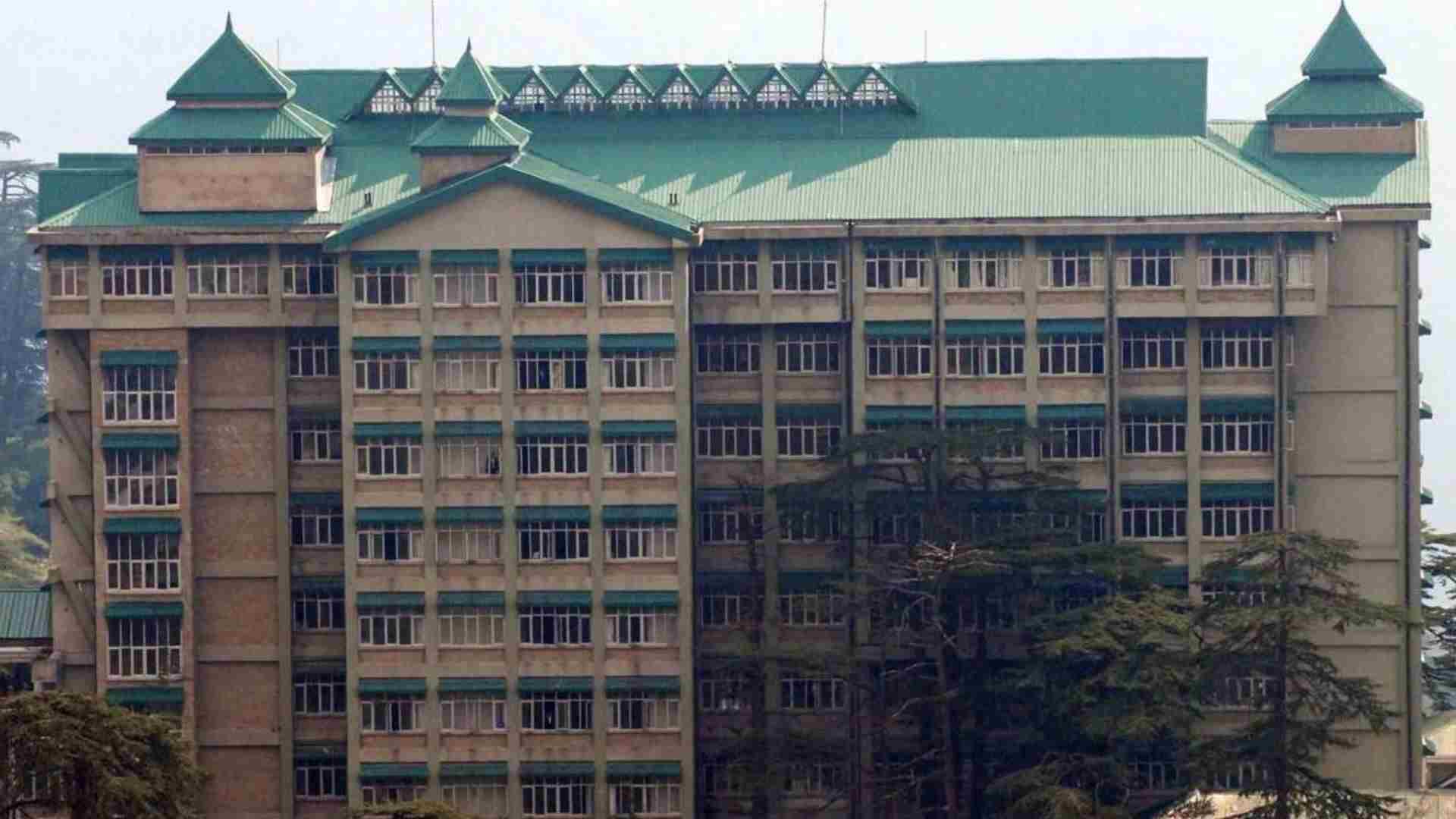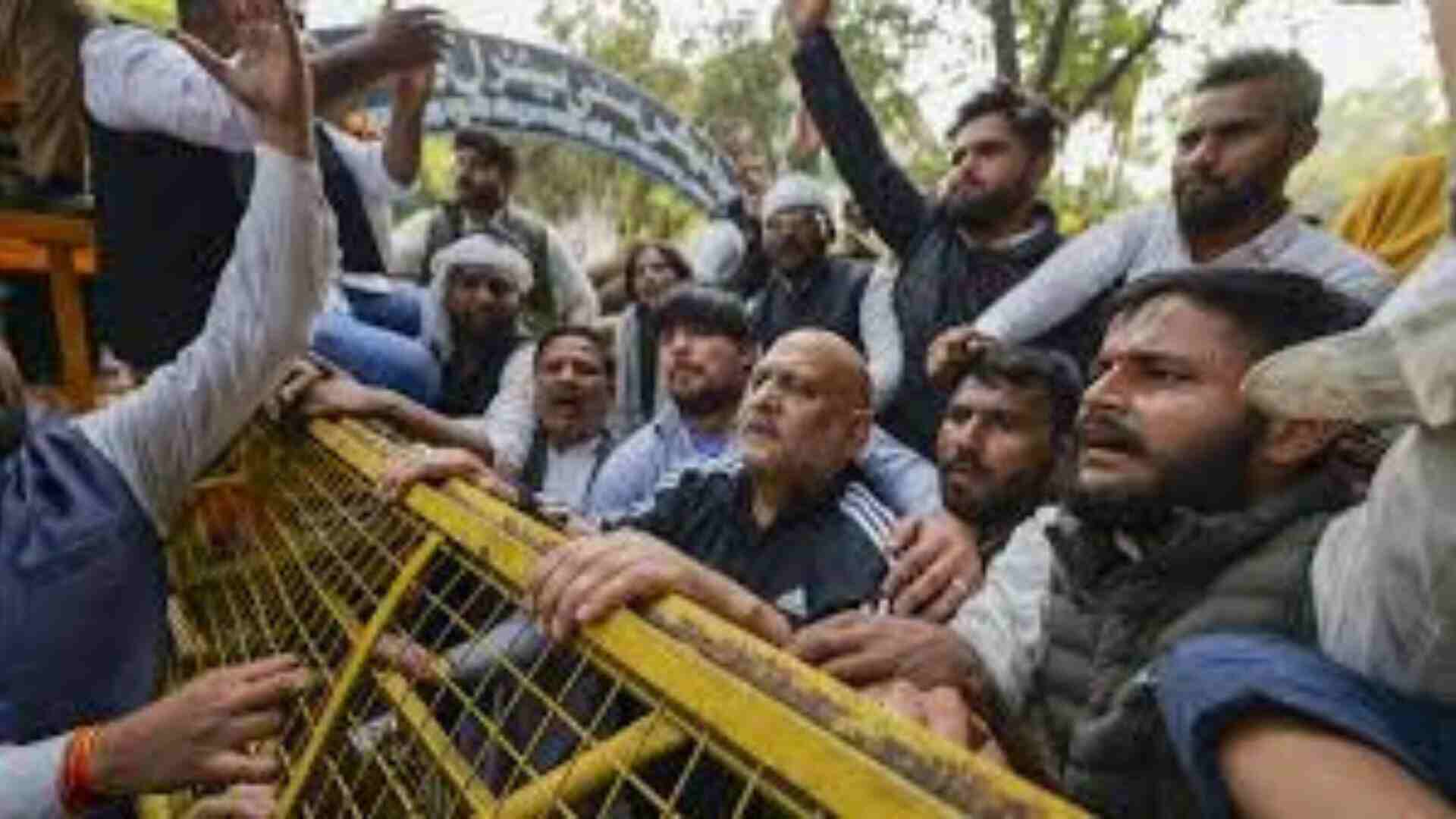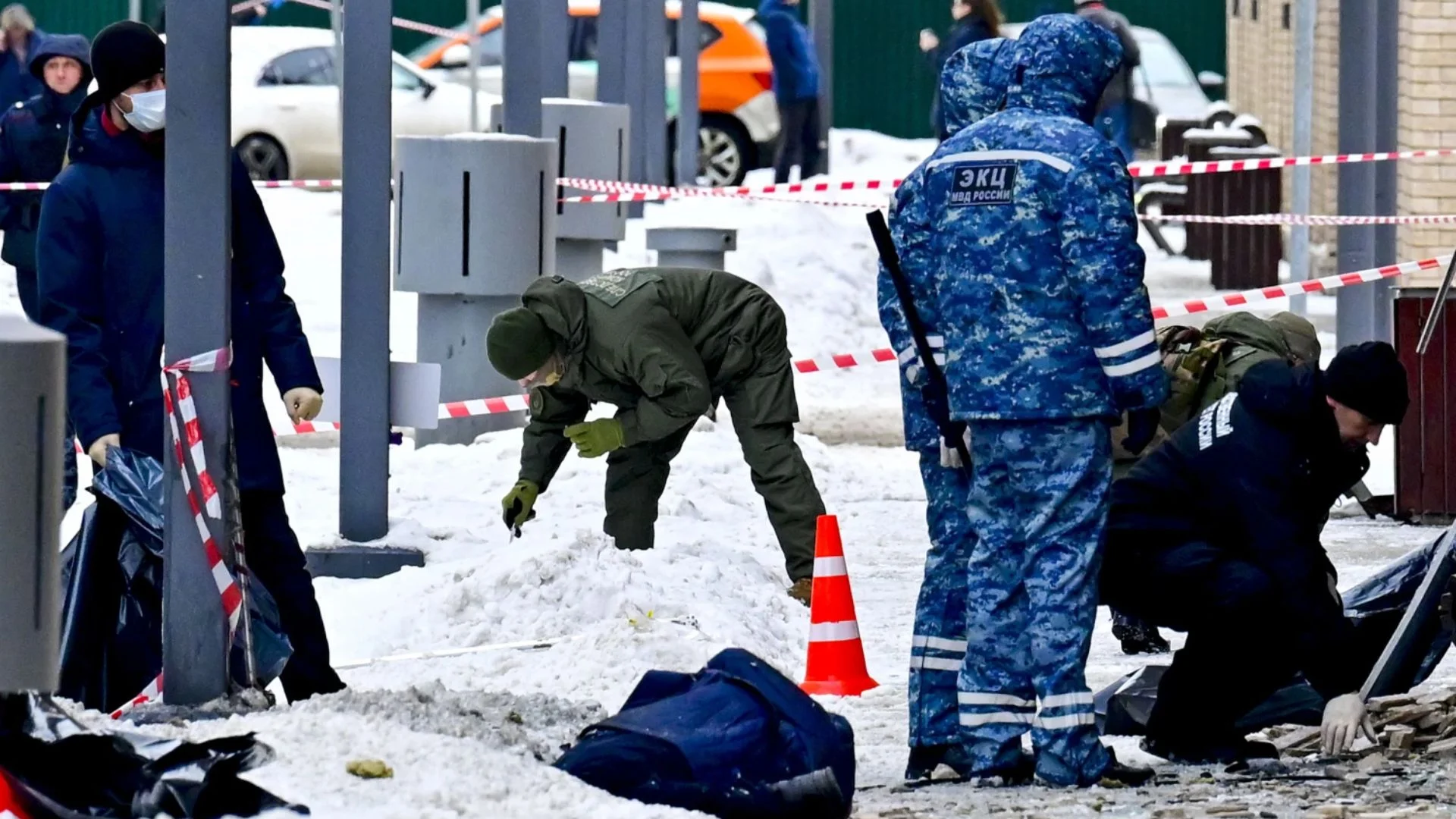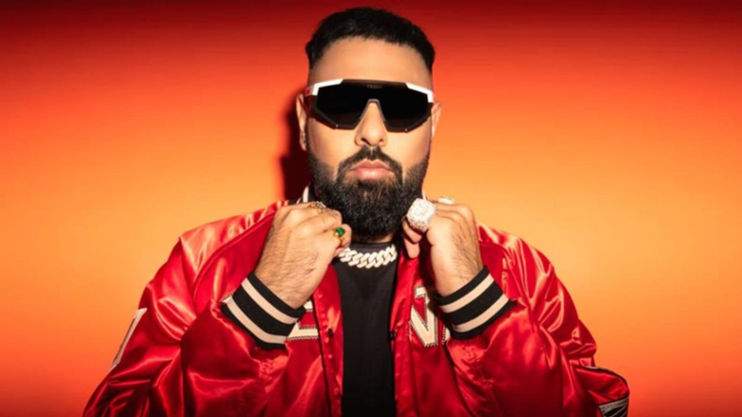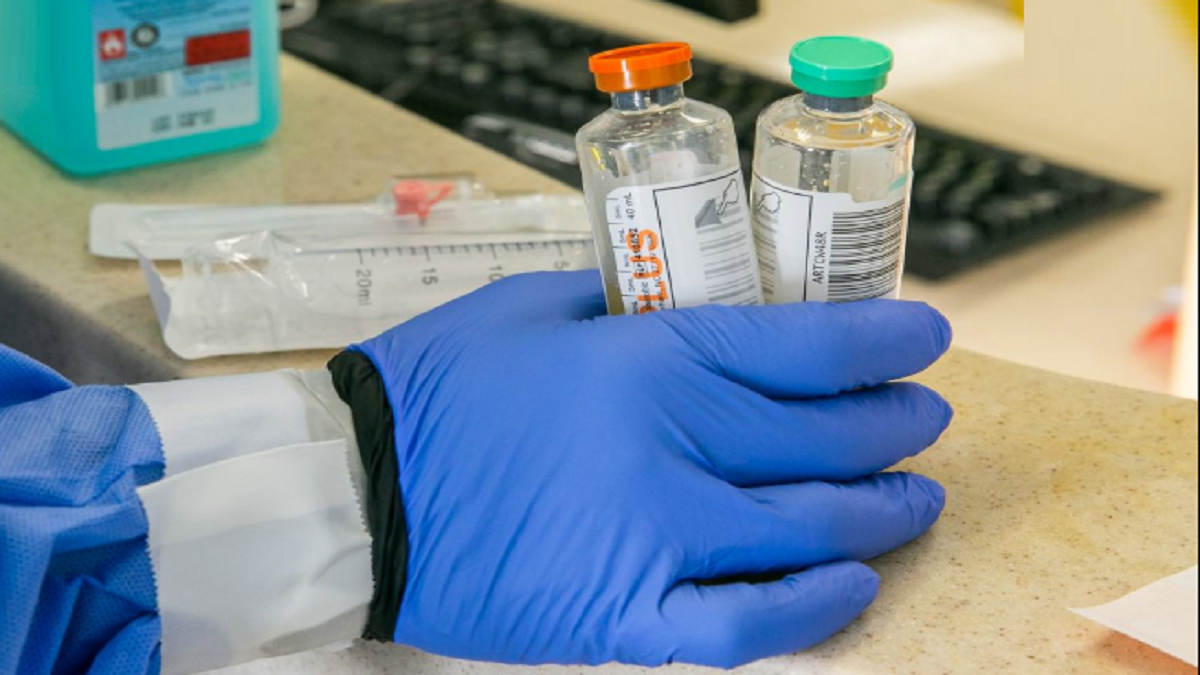
The World Intellectual Property Day is celebrated on the 26th day of April every year to learn about the role that Intellectual Property (IP) rights play in encouraging innovation and creativity. However, this year, it was not a day for celebration; rather it was one for reflection and commitment. It provided us with an opportunity to reflect upon the role of IP in the ongoing health crisis and commit IP to finding a solution. The COVID-19 pandemic and its exceptional reach have focused public heath authorities and research innovators on pursuit of diagnostic, treatment and vaccine innovations. For human life to become normal again, vaccines or medicines are the only permanent solutions. However, even by conservative means, it will take at least 6-10 months for any vaccines/drug to be available. Even when the approval is granted, it will be impossible for it to be made immediately available across the world – since approvals will be required in each and every country. The entire process will require massive efforts by private players, government officials, and international organizations. One response has been a worldwide initiative to create a World Health Organization (WHO) led voluntary patent pool of rights related to patented COVID-19 technologies. For a general drug manufacturing hub like India, such a move can turn out to have a twofold benefit: firstly, to battle against this life-threatening pandemic and secondly, to give an impetus to the economy.
Patent Pool: A Solution?
With the outbreak of COVID-19, each country has participated in the race of making the vaccine. All this may be the subject matter of patent applications around the world. For instance, an approval for commercial production is granted, say, in one country, attempts will be made to obtain exclusive rights to a vaccine being developed. On the other hand, there are also collaborations taking place between countries. However, the spirit of collaborative solutions is only on the anvil. COVID-19 pandemic need disruptive solutions. All the stakeholders (government officials, international organizations, private players) need to arrive at a consensus in advance to ensure that the system is ready. Procrastination in this matter would be disastrous. Creating interruptions through exclusivity claims, in the wake of a pandemic, will result in dividing countries, corporations and international organizations. This will not benefit patients and the world as a whole. Therefore, solutions should be created.
Creating a Patent Pool
One such solution by which aggregation and distribution of vaccine developed can be ensured is by creating patent pool. According to World Intellectual Property Organization (WIPO), patent pools can be described as voluntary agreements made between two or more patent holders to acquire non-exclusive rights and for licensing their patents to one another or to any third-party for the purpose of sharing their IPRs. Patent pools are usually effective in aggregating, administrating and licensing patents related to specific areas of technology, such as digital technologies. However, they are a relatively new concept in the public health sector. Such pools are managed by a central agency and the patents, which become part of the pool, are readily made available for licensing. Some pools also publish the royalty rates payable for such license. Anyone who wishes to obtain a license will be able to approach the pool, agree to the terms and conditions, and begin to manufacture and sell the products. At the moment, individual efforts are being made by research organizations to create their own pools. A more fruitful attempt would be to create a global pool of COVID-19 related innovations, in respect of vaccines and medicines, which can be managed by a trustworthy international organization. Creating a patent pool and immediate licensing will ensure that there are hundreds of manufacturers across the world. As a result, vaccines and medicines will be quickly available and some part of royalty could be distributed to patent holders on a periodic basis and some part could be retained to fund further research to deal with such pandemics in future. Benefits of Patent Pool
The foremost benefit of patent pools is that it speeds up the production process due to better access to information and technological knowhows. This gives motivation to innovation and productivity also gets increased. Moreover, the members of patent pools do not have to go through the hassle of seeking permissions, licenses, approvals, etc. over and over, which helps in saving time and money.
Medicine Patent Pool (MPP)
Patent pools have not been very active in the medicine sector as compared to other field; however, since few years it is been used in the public health sector to reduce the cost of manufacturing drugs, especially for the treatment of low-income and middle-income countries. An example of this is the MPP whose mandate includes increasing accessibility of drugs and other essential medicines. MPP is a United Nations backed international organization established in July 2010, based in Geneva, Switzerland. It was established by Unitaid, a global health enterprise that collaborates with potential partners to make medical innovations to treat major diseases in low- and middle-income countries, to sell patent agreements with pharmaceutical companies that can accelerate access for generic manufacturers. Recently, MPP has thrown its support behind the initiative and announced an extension of their mandate to include any health technology that could contribute to the worldwide response to COVID-19.
In the past few years, MPP has sold voluntary licensing agreements that have made it accessible for low-income countries to purchase affordable treatments for HIV, TB, and Hepatitis C. In 2019, licensing agreements negotiated by MPP have saved various countries nearly about $210 million and helped avail two billion (approx.) doses of such medications.
MPP is based on the model that patents are intended to reward innovations, and a patent, if not licensed, can prevent the production or sale of affordable generic medicines and the development of novel innovations. The MPP negotiates with patent holders for licenses on HIV, hepatitis C and tuberculosis medicines. Such licenses allow general drug manufacturers to distribute patented medicines in lowand middle-income countries and also, provide the freedom to develop new treatments.
Contribution during COVID-19
The innovative minds of scientists and industry researchers have led to the development of several COVID-19 health technologies such as diagnostic testing devices and drug treatments undergoing clinical trials. Currently, the MPP is helping by gathering patent information for products already being tested in clinical trials, for example antiviral remdesivir and the biologic tocilizumab, in few countries. MPP also stated that they have made available the mentioned drugs via their online database, MedsPaL. It is a repository of patent intelligence established to allow countries and pharmaceutical companies to identify patents that could hinder access to new innovations, if unlicensed.
MPP, on 3rd April, 2020, Geneva made a statement: “The Board of the Medicines Patent Pool (MPP) has decided to temporarily expand its mandate to include any health technology that could contribute to the global response to COVID-19 and where licensing could facilitate innovation and access. With the support of Unitaid, this will allow MPP to offer its IP and licensing expertise to the World Health Organization (WHO) to assist the global effort in any way it can”.
Marie-Paule Kieny, Chair of the MPP Governance Board, said, “In these difficult times, the MPP Board recognizes the important role that MPP can play to increase access to life-saving products for those who need them most. And importantly, with time of the essence, to ensure that we make use of the expertise and mechanisms that already exist.”
Marisol Touraine, Chair of the Unitaid Executive Board and former French Minister of Health and Social Affairs, said, “Unitaid is fully engaged in the global response to COVID-19 and supports the call by the President of Costa Rica for voluntary pooling of intellectual property rights for medicines and diagnostics to promote the global fight against COVID-19” at a very minimal, affordable licensing to ensure the outcomes of efforts can be used by countries with limited economic resources. At least 37 countries have signed up to support this initiative aimed at making vaccines, tests, treatments, and other health technologies to fight coronavirus and to make it accessible to all. Known as the COVID-19 Technology Access Pool (C-TAP), it was first proposed by Costa Rican President Carlos Alvarado in the month of March. There are several other nations that have not signed up yet including some economic power nations like, China, Germany, Japan, United States, United Kingdom, and Turkey. The MPP set up and funded by Unitaid a decade ago, has a proven track record and is immediately available to the WHO to begin this urgent work.
Further, the Unitaid announced to commit an initial $30 million of investment to innovative treatment, diagnostics and respiratory triage tools as part of the global response to the COVID-19 pandemic.
MPP is regularly updating its patent intelligence database, MedsPaL, with the status of candidate products during COVID-19 and will continue to update as and when the new patented candidates emerge to find the cure during the COVID-19 pandemic. If implemented properly, a COVID-19 patent pool could encourage innovation and improve accessibility to life-saving medications, encourage further innovation, as well as streamline and accelerate the adoption of diagnostic standards.
Outlook and Way Forward
Patent pooling can guarantee fast-tracking the development of a medicine for COVID-19 while being transparent about all the legalities, patent rights and teaming big pharma companies with generics companies around the world to create the required medicine(s) for the low- and middle-income countries. It will be a win-win situation as the patent owners will receive royalties for their novelties, thereby maintaining their income inflow while the low- and middle-income countries would get the access to the much needed medications at affordable prices.
Another advantage of the patent pooling is that general drug manufacturing companies can combine different medications into single/fixed doses to create better medicines. For example, in 2014 ViiV Healthcare contributed to MPP by providing dolutegravir, an antiretroviral drug for HIV to its pool resource, thereby allowing generic drug manufacturing companies to create an affordable version of the anti-HIV drug.
Patent pool needs the collaboration of not just the countries and organizations but also thousands of researchers, innovators, companies and universities involved. Concern relating to the profits to be earned therefrom is a matter that should be kept aside. The world has to come out of this pandemic quickly as possible and patents ought to fast track rather than hinder the path. Fighting the crisis and earning together is the need of the hour and the way forward. Let us not wait any longer.
Adv. Preeti Ahluwalia practises at the Delhi High Court
